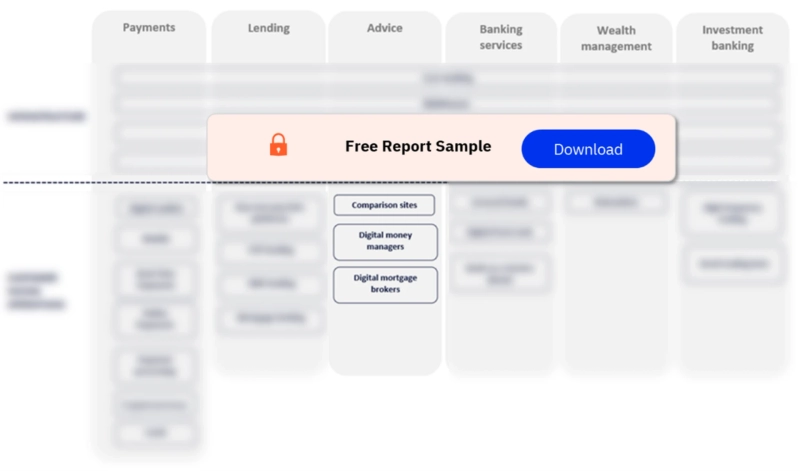Introduction: Navigating the Fintech Ecosystem
In the ever-evolving landscape of financial technology (fintech), understanding the trends, innovations, and market dynamics is crucial for businesses and investors alike. Fintech, a portmanteau of "financial technology," encompasses a broad spectrum of products and services that leverage technology to deliver financial solutions. fintech theme analysis From mobile payment platforms to robo-advisors and blockchain-based solutions, the fintech sector continues to disrupt traditional financial services.
The Rise of Fintech: A Historical Overview
The roots of fintech trace back to the late 20th century with the emergence of online banking and electronic trading platforms. However, it wasn't until the early 21st century that fintech truly gained momentum, fueled by advancements in digital technology and changing consumer behaviors. The global financial crisis of 2008 served as a catalyst, highlighting the need for more efficient, transparent, and accessible financial services. This paved the way for startups and tech companies to enter the financial sector, offering innovative solutions that catered to evolving consumer demands.
Key Trends Shaping the Fintech Industry
1. Digital Payments
The proliferation of smartphones and internet connectivity has revolutionized the way people transact, leading to a surge in digital payment platforms. From mobile wallets to peer-to-peer payment apps, consumers now have a plethora of options to conduct cashless transactions securely and conveniently.
2. Blockchain and Cryptocurrency
Blockchain technology, best known as the underlying infrastructure for cryptocurrencies like Bitcoin and Ethereum, has the potential to disrupt various industries, including finance. Its decentralized nature, transparency, and immutability make blockchain an attractive solution for enhancing security and efficiency in financial transactions.
3. Robo-Advisory Services
Robo-advisors leverage algorithms and machine learning to provide automated investment advice and portfolio management services. By analyzing vast amounts of data and market trends, these digital platforms offer personalized investment strategies at a fraction of the cost compared to traditional financial advisors.
4. Regulatory Compliance and Security
As fintech continues to innovate, regulatory compliance and cybersecurity remain paramount concerns. With the implementation of regulations such as GDPR and PSD2, fintech companies must ensure data protection and adhere to stringent compliance standards to maintain trust and credibility among consumers.
Market Analysis: Opportunities and Challenges
Opportunities
Financial Inclusion: Fintech has the potential to bridge the gap between the unbanked and underbanked populations by providing access to financial services through digital channels.
Cost Efficiency: Automation and digitization of financial processes enable cost savings for both businesses and consumers, leading to increased efficiency and profitability.
Innovation: The competitive landscape of fintech fosters innovation, driving the development of new products and services that address evolving market needs.
Challenges
Regulatory Uncertainty: Rapid technological advancements often outpace regulatory frameworks, posing challenges for fintech companies to navigate complex compliance requirements.
Cybersecurity Threats: With the growing prevalence of cyberattacks and data breaches, maintaining robust cybersecurity measures is essential to safeguard sensitive financial information.
Market Saturation: As the fintech market becomes increasingly crowded, companies face stiff competition and the need to differentiate their offerings to capture market share.
Future Outlook: Trends and Predictions
Looking ahead, the fintech industry is poised for continued growth and innovation. Key trends to watch include the integration of artificial intelligence and machine learning in financial services, the rise of decentralized finance (DeFi), and the emergence of regulatory sandboxes to foster experimentation and collaboration within the industry.
Conclusion: Embracing Innovation in Fintech
In conclusion, the fintech landscape presents vast opportunities for businesses, investors, and consumers alike. By staying abreast of key trends, regulatory developments, and market dynamics, stakeholders can navigate the complexities of the fintech ecosystem and capitalize on the transformative potential of financial technology.
Buy the Full Report for More Insights into the Fintech Value Chain
Download a Free Report Sample
Discover the perfect solution for your business needs. Enquire now and let us help you make an informed decision before making a purchase.


